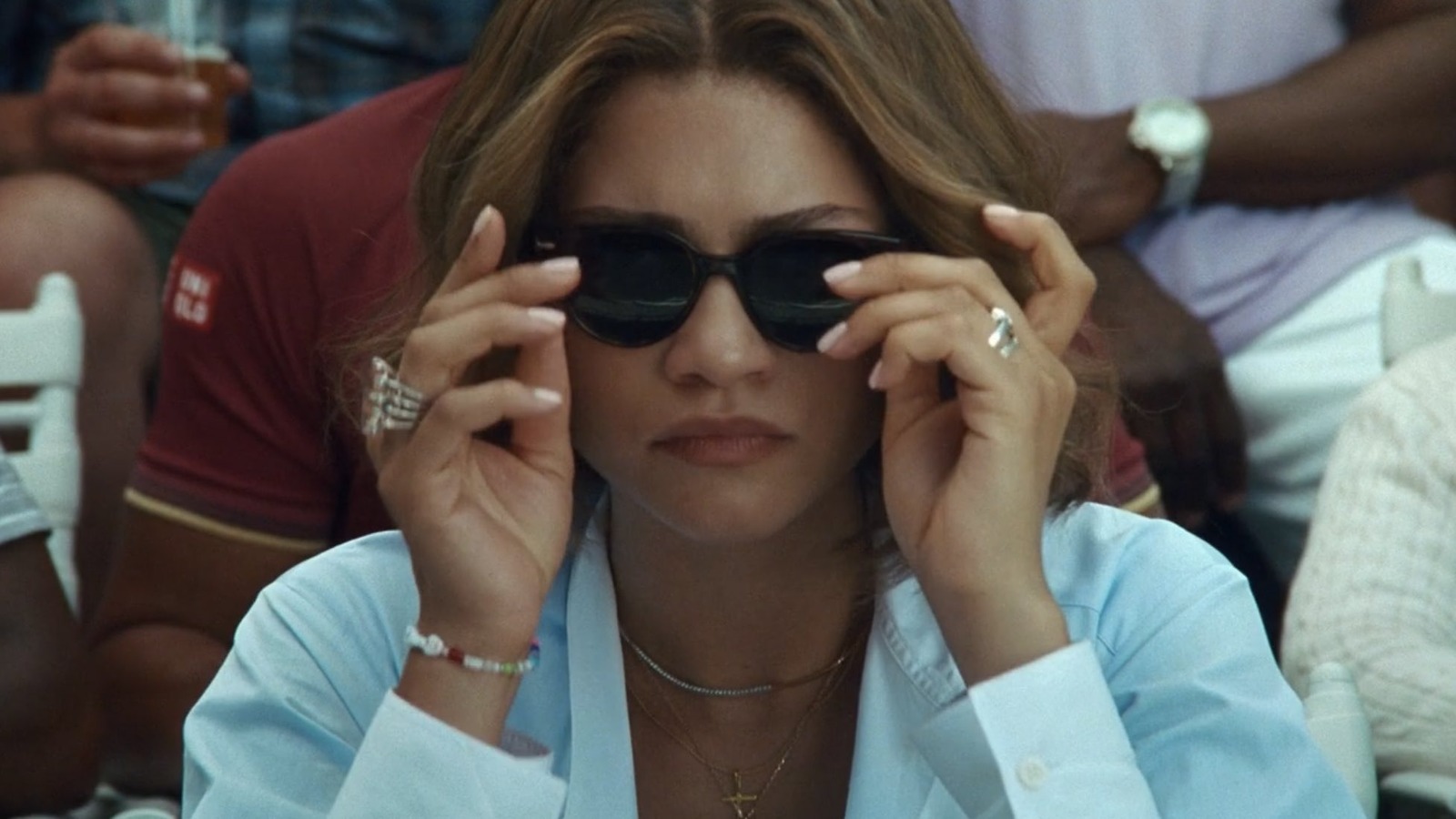
On the time, the controversial name was well-covered by sports activities media. ESPN described what occurred intimately, explaining to laypeople that tennis would not enable for mid-match teaching. When Mouratoglou was issued the violation, Serena Williams grew to become very defensive, even through the match, explaining that she would not cheat and at all times performs honorably (which she does). The sign from her coach wasn’t meant to be off-court teaching. Regardless, the violation was upheld, Williams was rattled, and Osaka went on to win the match. After the match was over, Williams demanded an apology from the umpire. She was finally fined $17,000 for the violations. It was all very dramatic.
Kuritzkes did not know concerning the no-coaching rule in tennis previous to the 2018 Open, and will solely put himself in Mouratoglou’s footwear. Within the screenwriter’s thoughts, William’s coach had one thing he desperately wished to say to his participant however wasn’t capable of. That pressure, Kuritzkes figured, would make an amazing film second. He mentioned:
“It was this massive, controversial name. […] I might by no means heard of this rule and it struck me as this very cinematic state of affairs: you are alone on courtroom in entrance of hundreds of individuals and there is one different individual within the stands who cares about this as a lot as you do, however you possibly can’t converse to them. I began to marvel, ‘What when you wanted to have an pressing, necessary dialog with this individual? And what if it was about one thing actually private and dramatic past the sport?'”
It took a number of mulling over, however finally, Kuritzkes discovered a option to synthesize that tennis courtroom separation right into a film. What if there was a love triangle between the coach and the 2 gamers? Dramatic gold.


